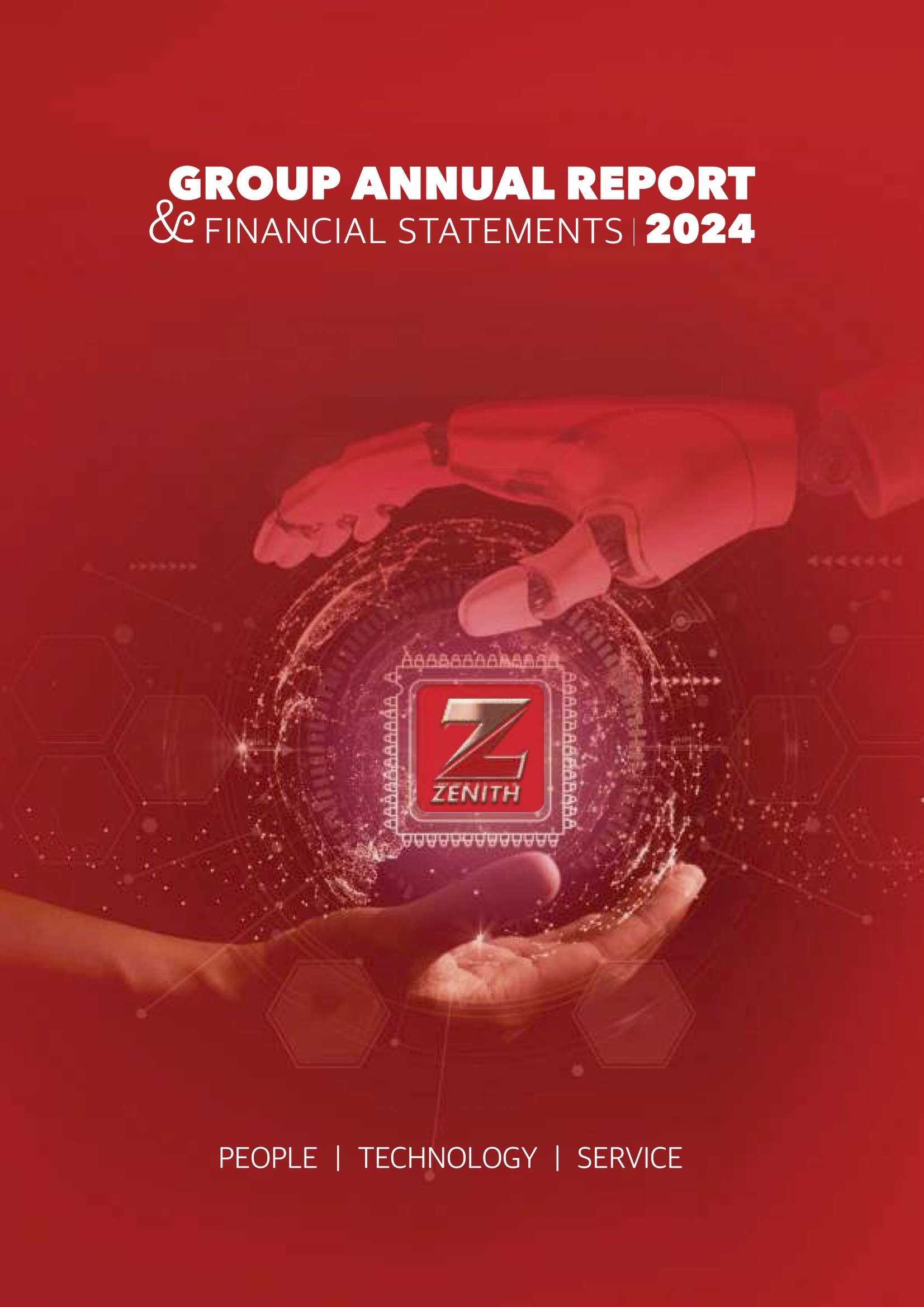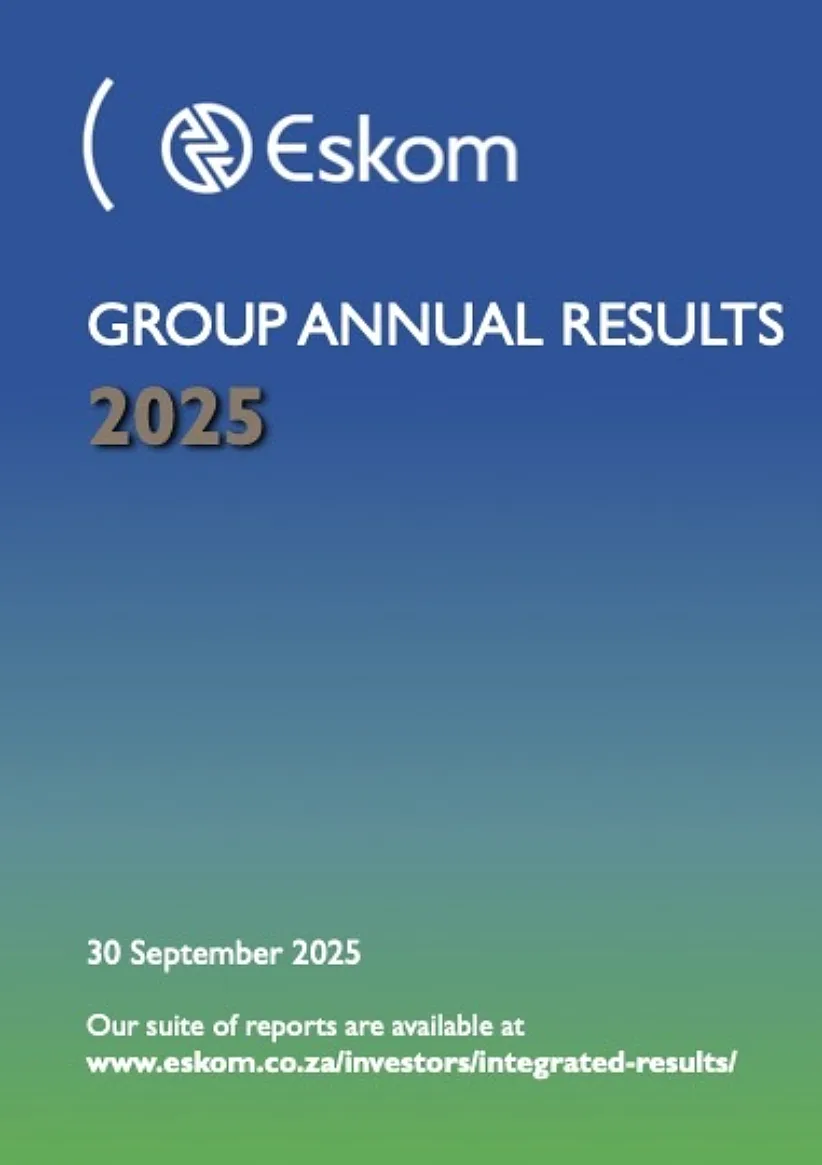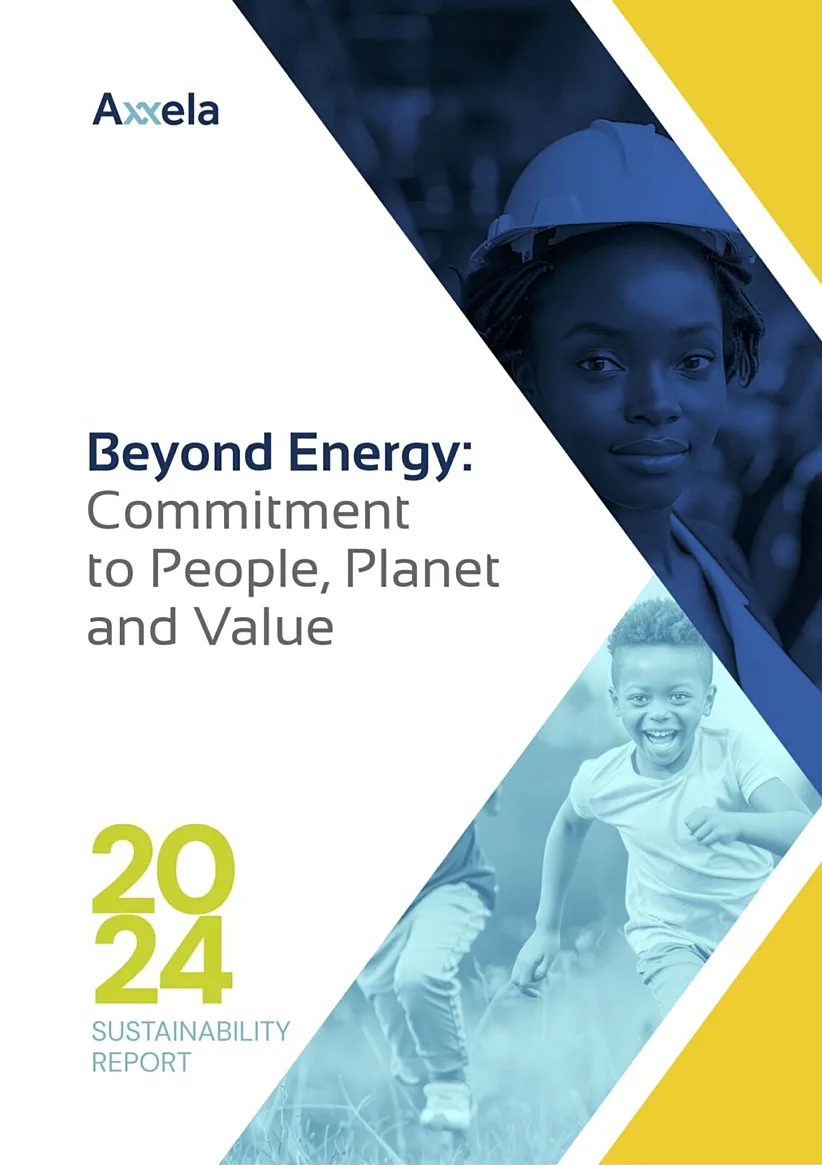Executive Summary: Sustainable Stories Advocates Review of Zenith Bank Plc 2024 Sustainability Report
Zenith Bank Plc’s 2024 abridged sustainability report presents a structured overview of the bank’s environmental, social, and governance (ESG) performance, aligned with 13 priority United Nations Sustainable Development Goals (SDGs). These include SDG 1 (No Poverty), SDG 5 (Gender Equality), and SDG 13 (Climate Action), positioning sustainability as an operational imperative across its Nigerian base and broader African, UK, and European footprints. The report outlines integrated SDG-aligned actions in financial access, clean energy adoption, digital upskilling, and SME support—demonstrating measurable traction through over 125,000 agent banking outlets, literacy outreach to 150,000 students, and increased gender-focused initiatives.
Zenith embeds ESG governance at the board level via its Risk Management and Sustainability Committee, supported by executive-led working groups and disclosure alignment with standards such as GRI, NSBP, and the TCFD framework. The sustainability risk protocol spans climate-linked credit risks, reputational vulnerabilities, and greenwashing concerns, with embedded Environmental and Social Risk Assessments (ESRAs) in lending decisions.
Operational sustainability gains include a growing transition to off-grid solar, inclusion of climate features in corporate finance reviews, and plans to deepen green financing opportunities across Francophone Africa. The bank’s continuing material focus revolves around financial inclusion, climate resilience, education, SME support, and ethical governance—factors shaping future investments and stakeholder engagement models.
With an expanding geographic reach and plans to adopt global reporting advancements such as Integrated Reporting (IR), Zenith Bank’s 2024 sustainability report reflects a maturing ESG agenda responsive to both domestic development needs and global sustainability mandates.
1. SDG ALIGNMENT
Aligned SDGs:
Zenith Bank aligns its sustainability programs with 13 of the 17 United Nations Sustainable Development Goals (SDGs). These include, among others:
- SDG 1 (No Poverty)
- SDG 3 (Good Health and Well-being)
- SDG 4 (Quality Education)
- SDG 5 (Gender Equality)
- SDG 7 (Affordable and Clean Energy)
- SDG 8 (Decent Work and Economic Growth)
- SDG 9 (Industry, Innovation, and Infrastructure)
- SDG 10 (Reduced Inequalities)
- SDG 11 (Sustainable Cities and Communities)
- SDG 13 (Climate Action)
- SDG 17 (Partnerships for the Goals)
Integration into Strategy:
The bank’s sustainability strategy reflects these SDGs through:
- Community development investments
- Renewable energy adoption
- Youth empowerment initiatives
- Women entrepreneurship programmes
- Financial inclusion and agency banking models
Geographic Reach:
Impact was recorded in Nigeria and across Zenith Bank’s regional subsidiaries in Ghana, Sierra Leone, The Gambia, UK, and Paris (France). The bank plans to expand these sustainability initiatives to future footprints in Côte d’Ivoire, Senegal, and other markets.
2. ESG MANAGEMENT
Governance Approach:
Zenith Bank employs a board-led sustainability governance structure. Oversight is provided by:
- The Board Risk Management and Sustainability Committee
- Executive Management’s Sustainability working teams
Policies and Frameworks:
- The bank has adopted ESG risk assessment policies in line with Sustainable Banking Principles issued by the CBN
- ESG reporting references GRI Standards, and Nigerian Sustainable Banking Principles (NSBP)
- Climate-related disclosures are increasingly being aligned with TCFD recommendations
3. INITIAL AREAS OF IMPACT
Core Impact Areas:
- Financial Inclusion: Through the Agent Banking model (ZMoney), 125,000+ financial agents reach underserved populations
- SME Empowerment: Over 15,000 participants joined the “SME Grow My Business” digital learning series in 2024
- Youth & Education Support: Financial literacy covered 150,000 students in 296 schools; over 650 ZECA student accounts funded
- Healthcare: Primary Health Centres in Lagos, Rivers, and Bayelsa were supported through donations and savings activation
- Renewable Energy: Internal operations continue optimizing energy efficiency, with increased off-grid solar usage (specific data not disclosed)
4. METRICS FOR DEFINITION
Key performance indicators (KPIs) used by Zenith Bank include:
- Number of agent banking outlets: 125,332 (as of Dec 2024)
- SME Reach: 15,000+ participants in SME webinars
- Students impacted (youth banking/literacy): 150,000+ school children
- ZECA Accounts Opened: Over 5 million via agency channel
- Women engagement sessions: 2 dedicated sessions in April 2024
- Pension assets under custody: ₦8.89 trillion
- Nominees assets under custody: ₦1.87 trillion
(Note: Standardized year-on-year baselines and forward-looking targets are not consistently stated.)
5. AREAS OF FOCUS
Future Sustainability Priorities:
- Expand ESG-aligned financing in non-oil exports, renewable energy, and digital MSMEs
- Enhance footprints in Francophone Africa (Côte d’Ivoire and Senegal) and deepen sustainability strategies across all subsidiaries
- Deep ESG integration into corporate lending and investment portfolio reviews
- Support MSMEs through digital payment and loyalty solutions
- Broaden youth and women-focused financial inclusion via tailored product design and outreach
6. MATERIALITY CONCEPTS
Material Topics:
- Financial inclusion
- Climate change and energy optimization
- Education and human capital development
- SME growth and sustainability
- Ethical governance and transparency
Materiality aligns closely with Zenith’s sustainability governance architecture and reflects its foundational values of People, Planet, and Profit. Stakeholder engagement, primarily community and regulatory-led, informs periodic updates to these material issues.
7. SUSTAINABILITY RISK MANAGEMENT CONCEPTS
Risk Strategy:
Zenith Bank incorporates sustainability risks under its enterprise-wide risk framework. ESG risks—particularly climate, reputational, regulatory compliance, and social impact—are overseen by:
- The Board Risk Management Committee
- Sustainability and strategic business units
Key Identified Risks:
- Greenwashing risks linked to rapid digital financial services expansion
- Climate-linked credit risk exposure, particularly in agriculture and infrastructure finance
- Reputational risks from non-alignment to emerging ESG expectations
Mitigation Actions:
- Staff training on ESG risks
- Environmental and Social Risk Assessments (ESRAs) embedded within credit evaluation processes
- Strengthened reporting under international frameworks (e.g., NSBP)
8. SUSTAINABILITY STRATEGY CONCEPTS AND MANAGEMENT
Strategic Framework:
Zenith Bank’s sustainability strategy is structured around embedding ESG thinking into all business processes. It prioritizes inclusive finance, responsible operations, and forward-looking innovation.
Strategy Execution (Summarized Bullet Points):
- Conduct quarterly ESG performance reviews for key subsidiaries
- Incorporate climate and social criteria in risk-adjusted lending decisions
- Promote sustainable export financing through targeted lending and policy advocacy
- Offer ESG-compliant investment opportunities via subsidiaries like Zenith Pensions and Nominees
- Undertake internal digital transformation to reduce operational carbon footprint
- Engage in public dialogue via tech fairs, export seminars, and ESG forums
Future Redefinition:
Management indicates an intention to deepen ESG disclosure practices and consider adopting integrated reporting (IR) standards for broader comparability across markets and investors.
This report provides a standardized, data-led synopsis of Zenith Bank’s sustainability practices and performance, adhering to global ESG monitoring conventions.





